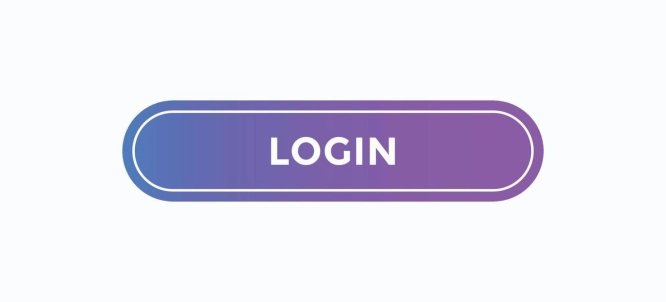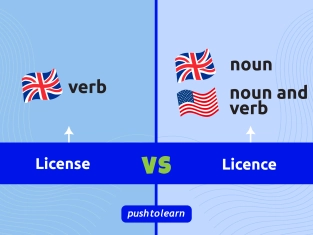by PushtoLearn
Log in vs Login
Table of Contents
Log in vs Login Exercise
This exercise focuses on the difference between Log in vs Login.
1️⃣ "Log in" (Verb) – The Action
"Log in" is a verb phrase, meaning to enter a system, website, or account.
🔹 Structure:
👉 Log in + to + place/system
🔹 Examples:
✅ I need to log in to my email account.
✅ Please log in to your online banking.
✅ She logged in to the website.
📌 Tip: If you can replace it with "sign in," then "log in" is correct!

2️⃣ "Login" (Noun & Adjective) – The Thing
"Login" is a noun or an adjective, referring to the username, password, or entry page.
🔹 Examples (Noun):
✅ I forgot my login details. (noun = username & password)
✅ Click on the login to access your account.
🔹 Examples (Adjective):
✅ Enter your login credentials here.
✅ The login page is down.
📌 Tip: If you can replace it with "sign-in" (noun), then "login" is correct!
3️⃣ "Log in" vs. "Login" – Key Differences
|
"Log in" (Verb) |
"Login" (Noun/Adjective) |
|
Action of entering a system |
The thing (username, password, page) |
|
I need to log in to my account. |
I forgot my login details. |
|
She logged in successfully. |
Click the login button. |
📌 Easy Trick:
-
If it’s an action, use "log in." ✅
-
If it’s a thing (noun/adjective), use "login." ✅
❌ Common Mistakes
❌ I need to login to my email. → (Incorrect ❌)
✅ I need to log in to my email. (Correct ✅)
❌ She forgot her log in details. → (Incorrect ❌)
✅ She forgot her login details. (Correct ✅)
❌ I can’t log into my account. → (Incorrect ❌)
✅ I can’t log in to my account. (Correct ✅)
📌 Tip: Always say "log in to" (not "log into").
4️⃣ "Log in" & "Login" in a Sentence
✅ To check your email, first, log in to your account.
✅ Enter your login details in the form.
✅ I logged in to Facebook yesterday.
✅ The login page is not working.
FAQs About "Log in" vs. "Login"
Is "log in" one word or two?
➡️ It’s two words ("log in") when used as a verb.
Is "login" a verb?
➡️ No! "Login" is a noun or an adjective, not a verb.
How do I know when to use "log in" vs. "login"?
➡️ If it’s an action, use "log in."
➡️ If it’s a thing (username, password, page), use "login."
Do we say "log into" or "log in to"?
➡️ Correct: Log in to (two separate words).
➡️ Incorrect: Log into (❌ avoid this).

